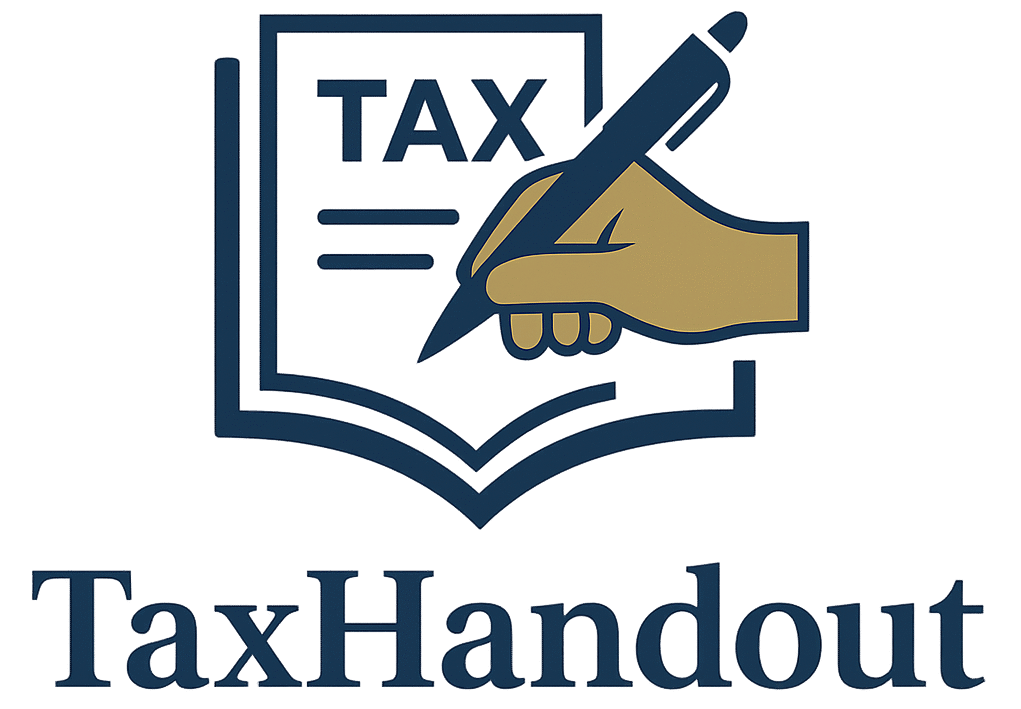Under the Goods and Services Tax (GST) regime, the E-Way Bill system ensures seamless tracking of the movement of goods and prevents tax evasion. However, failure to generate an E-Way Bill can lead to serious consequences. This blog covers the key aspects of E-Way Bill generation, penalties for non-compliance, common mistakes, and best practices for businesses.
What is an E-Way Bill?
Under GST, anyone transporting goods worth more than ₹50,000 must generate an E-Way Bill. It ensures accountability and transparency during the movement of goods and is applicable in the following scenarios:
- Inter-State supply of goods
- Intra-State movement (in specific states as notified)
- Movement due to sale, job work, branch transfer, exhibition, or return
As per Rule 138 of the CGST Rules, 2017, the supplier or transporter must generate the E-Way Bill before starting the movement of goods.
13 Key Points to Keep in Mind While Generating E-Way Bill
1. Value of Consignment
Mandatory if the invoice value exceeds ₹50,000, including GST.
2. Required Details
To generate a valid E-Way Bill, the following details must be provided:
- Invoice/Challan Number and Date
- Consignor and Consignee Name, Address, and GSTIN
- HSN Code and Description of goods
- Quantity and Value of goods
- Transport details (Transporter ID or vehicle number)
3. Modes of Transport
E-Way Bill can be generated for movement via:
- Road
- Rail
- Air
- Ship
4. Validity Period Based on Distance
- Up to 200 km – 1 day
- Every additional 200 km – +1 additional day
Note: Validity is calculated from the date and time of generation of Part B.
5. Part A and Part B
- Part A: Contains business and invoice details – filled by the supplier or recipient.
- Part B: Contains transporter and vehicle details – must be updated before movement.
6. Bill To – Ship To Model
Ensure accurate matching of addresses and names to avoid mismatch errors and possible detention.
7. E-Way Bill for Exempted Goods
Not required when transporting goods fully exempt under GST (e.g., fresh vegetables, milk, salt, etc.), unless notified otherwise.
8. Cases Where E-Way Bill is Not Required
- Transportation of goods by a non-motorised conveyance
- Goods transported under Customs supervision
- Empty cargo containers
- Transport to/from defence formations
9. E-Way Bill for Export/Import
- Required for movement of goods to/from port, airport, ICD, or CFS.
- Must include proper documentation (e.g., shipping bill).
10. E-Way Bill for Oversized Cargo
Allowed to move on Part A only, with specific provisions for delayed movement and relaxation in Part B.
11. One Invoice – Multiple Vehicles
When goods are shipped in parts using different vehicles, the supplier must generate multiple E-Way Bills for the same invoice, with each E-Way Bill referring to the original invoice.
12. CKD/SKD Shipments
In case of goods transported in completely knocked down (CKD) or semi knocked down (SKD) condition, separate E-Way Bills for each part are mandatory.
13. Time Limit to Cancel or Extend E-Way Bill
- Cancellation: Within 24 hours of generation if goods not moved.
- The Extension Must be done within 8 hours before or 8 hours after expiry of validity.
🚫 Consequences of Non-Generation of E-Way Bill
Failure to generate an E-Way Bill when required is a serious non-compliance and invites penal action:
Penalty Under Section 122 of CGST Act
- ₹10,000 or the tax sought to be evaded (whichever is higher).
Detention and Seizure – Section 129
- The Goods and vehicle can be detained by officers.
- Release only upon payment of penalty:
- 200% of the tax (if owner comes forward)
- 50% of the Value or 200% of the tax, which ever is higher (if owner doesn’t come forward)
Prosecution and Further Proceedings
- May lead to prosecution in case of repeated offenses.
Section 130 can be invoked for confiscation of goods and conveyance.
Common Mistakes in E-Way Bill Generation
- Using wrong GSTIN or incorrect HSN codes
- Not updating Part B (vehicle details) before transport
- Wrong invoice value or mismatched values with invoice
- Expired E-Way Bill validity especially in long-distance journeys
- Creating multiple E-Way Bills for the same invoice
- Incorrect or under-reported distance
- Not generating E-Way Bill in Bill-to-Ship-to scenarios
Best Practices to Avoid Non-Compliance
- Integrate E-Way Bill generation with your billing/invoicing software
- Regularly verify GSTIN and address of customers
- Train staff responsible for E-Way Bill preparation
- Keep printed and digital copies of E-Way Bills handy during transit
- Communicate regularly with transporters about compliance requirements
- Keep detailed records of transport documents for audit purposes
Conclusion
Non-generation of E-Way Bill can cause shipment delays, seizure, and financial penalties. For businesses engaged in the supply of goods, E-Way Bill compliance is critical not only to ensure smooth logistics but also to stay audit-ready.
Understanding the rules, generating E-Way Bills accurately, and avoiding common errors can save time, money, and reputation.

